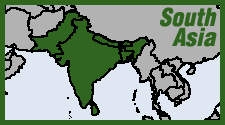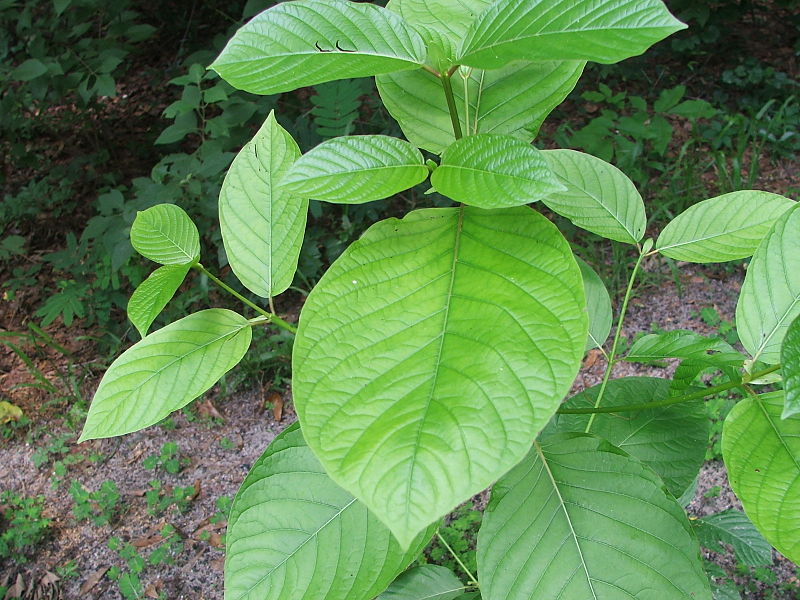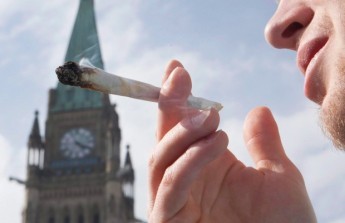 A judge for the US District Court for the Southern District of New York on Feb. 26 dismissed a lawsuit challenging the Schedule I classification for cannabis under the Controlled Substances Act. Judge Alvin Hellerstein granted the government's motion to dismiss because the plaintiffs failed to exhaust all administrative remedies prior to initiating the suit. The "exhaustion rule" requires "that parties exhaust prescribed administrative remedies before seeking relief from federal courts."
A judge for the US District Court for the Southern District of New York on Feb. 26 dismissed a lawsuit challenging the Schedule I classification for cannabis under the Controlled Substances Act. Judge Alvin Hellerstein granted the government's motion to dismiss because the plaintiffs failed to exhaust all administrative remedies prior to initiating the suit. The "exhaustion rule" requires "that parties exhaust prescribed administrative remedies before seeking relief from federal courts."

 Medical marijuana advocates and bureaucrats from regulatory agencies around the world have both been
Medical marijuana advocates and bureaucrats from regulatory agencies around the world have both been  Amid the
Amid the  The number of drug-related offenses is "higher than any other heinous crime in Nepal and is increasing at an alarming rate," according a none-too-objective March 17 account in Kathmandu's
The number of drug-related offenses is "higher than any other heinous crime in Nepal and is increasing at an alarming rate," according a none-too-objective March 17 account in Kathmandu's  Rep.
Rep.  Last month, when the DEA
Last month, when the DEA  After
After 






Recent comments
1 week 5 days ago
1 week 5 days ago
4 weeks 6 days ago
5 weeks 5 days ago
9 weeks 5 days ago
13 weeks 4 days ago
17 weeks 4 days ago
18 weeks 2 days ago
28 weeks 2 days ago
32 weeks 3 days ago